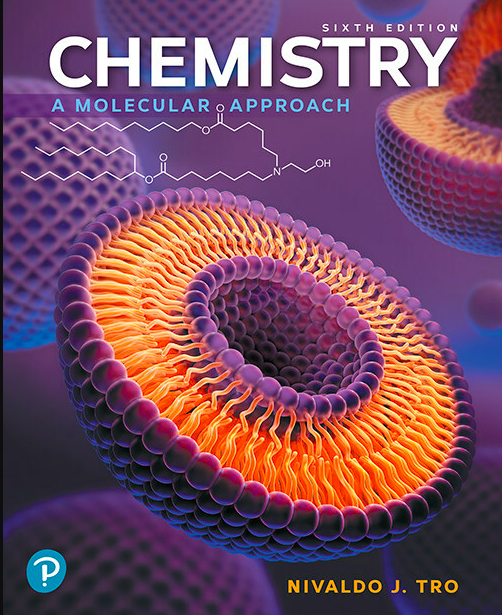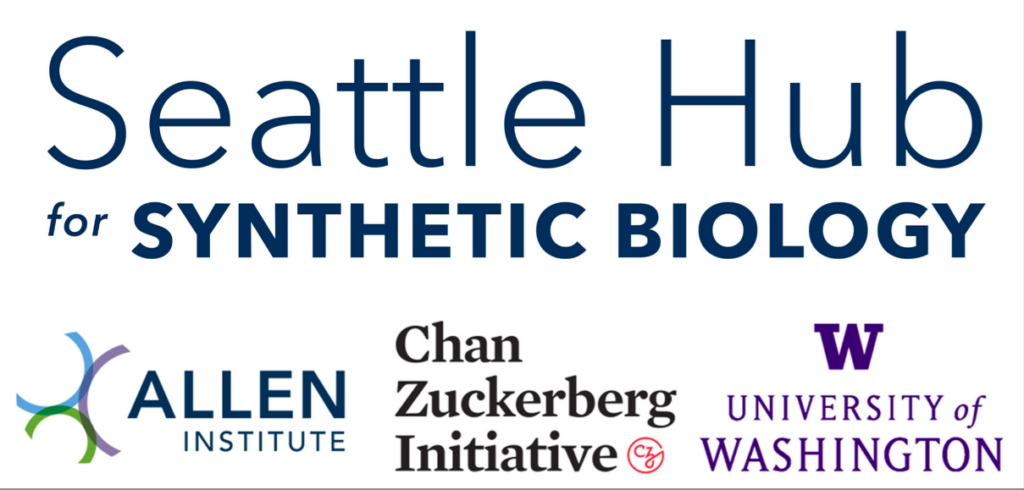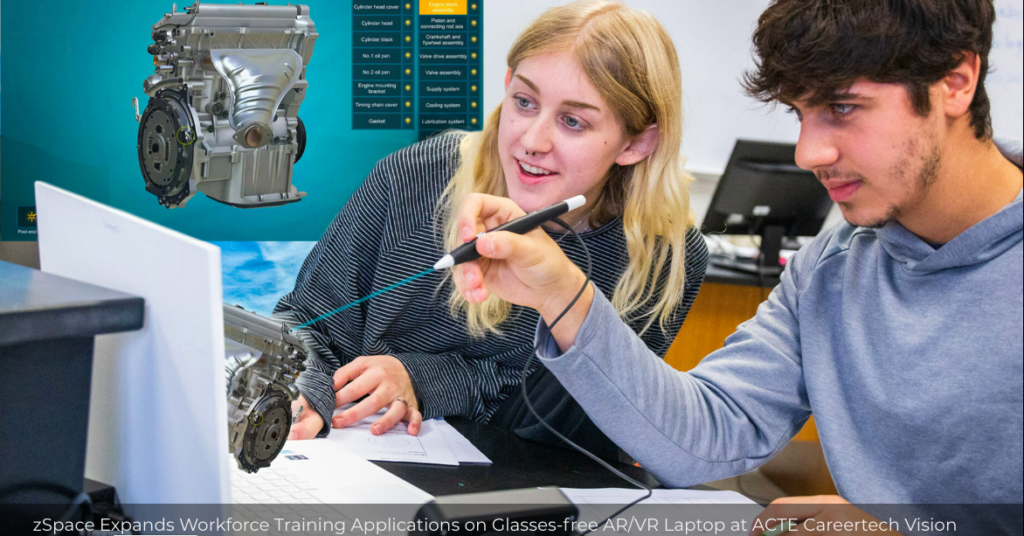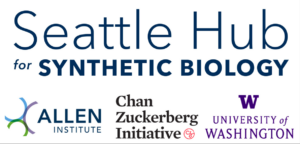As students wrap up the fall semester, Pearson this month announced plans to expand the availability of its generative AI beta to millions of students in leading math, science and business titles. This summer, Pearson became the first major higher education publisher to integrate generative AI study tools into its proprietary academic content.

“Students and faculty have told us they are looking for AI tools that are aligned with the Pearson content they trust and already use. We know they want these tools to help them earn higher grades, save time, and master key concepts,” said David Kokorowski, SVP and Chief Product Officer Higher Education. “To meet these needs and provide a more frictionless learning experience, we embedded generative AI study tools into Pearson’s market leading content. We’re encouraged by how students engaged with the technology, and we’re excited to expand and further study how these tools are benefiting students and faculty alike.”
Pearson’s current beta will expand to dozens more MyLab and Mastering titles by Fall semester 2024. MyLab and Mastering is an interactive platform backed by content from Pearson authors that allows instructors to scale teaching excellence. The platform, with integrated eTextbook, allows instructors to design their course, assign homework and assessments, and monitor student progress in real time.
The tens of thousands of students that used Pearson’s beta AI study tools this fall showed strong levels of engagement and provided positive feedback. Students who used the AI tools spent more time in their courseware and 75% of users said the tools were ‘helpful’ or ‘very helpful’ for their studies. In addition, a recent nationally representative survey of college students conducted by Pearson and Morning Consult showed that students trust generative AI tools created by education companies more than other tech companies to help them learn with AI, with 62% trusting education companies.
Pearson’s Tro Chemistry, A Molecular Approach 6th Edition, which features the AI study tool in its Mastering and eTextbook, has experienced strong AI engagement this semester, with more than 60,000 AI conversations in Mastering to help students understand homework concepts. Dr. Nivaldo Tro, author and faculty member at Santa Barbara City College said, “Pearson materials are known for their quality and the addition of the AI study tools enhances the learning and teaching experiences for both students and instructors. I’m encouraged by how Pearson is taking a responsible approach to putting this technology together with content to help students learn difficult concepts.”
Focused on delivering strong customer experiences, Pearson has been listening to and acting on feedback from students, instructors, subject matter experts and learning designers to improve AI experiences in real time, including adjusting tonality to meet student prompts, incorporating positive language to encourage students to succeed, and adjusting the visual presentation of the technology. These data-based improvements will continue as Pearson evolves to include more features for educators and students.
Pearson believes that generative AI can benefit teaching and learning in many different settings and recently announced a beta of generative AI tools for English language learning. Pearson is committed to investing in the responsible application of AI towards product innovation and operational excellence that will help learners learn and help educators teach.
The Allen Institute, the Chan Zuckerberg Initiative (CZI), and the University of Washington (UW) today announced the launch of the Seattle Hub for Synthetic Biology: a landmark collaboration that will build new technologies to record the history of cells over time. These technologies will help researchers crack the code and understand not just end point measurements of cells and genes in health and disease but the dynamics of their trajectories over time. The Seattle Hub for Synthetic Biology brings together the best of large-scale science and philanthropy with proven academic power to develop, refine, and share this paradigm-shifting single-cell technology. Led by UW Medicine researchers Jay Shendure, M.D., Ph.D., Marion Pepper, Ph.D., Cole Trapnell, Ph.D., and Jesse Gray, Ph.D., the Seattle Hub for Synthetic Biology will build on technology pioneered at the Allen Discovery Center for Cell Lineage Tracing and UW Medicine’s Brotman Baty Institute for Precision Medicine to reimagine living cells and genomes as devices for recording complex biological information over time.

“Imagine being able to put a smart watch into each of your cells to record the genome itself and everything that cell is experiencing,” says Dr. Jay Shendure, Executive Director of the Seattle Hub for Synthetic Biology and a professor of genome sciences at the University of Washington School of Medicine. “Currently, when biologists take measurements, we’re limited to either observing how a few things change over time with a microscope, or to measuring everything but only at the moment in time that we break open the cell. With the kind of genomic smart watch that we’re aiming to build, one could recover the full autobiography of each cell, rather than only the last page.”
This new paradigm has the potential to revolutionize how scientists study the role of cells and genes in human health by providing unprecedented clarity into how biological events unfold over time, including the causal chain of molecular and cellular events that begins with a genetic mutation and culminates in a developmental disease seen in the clinic. The technology will be proven out in the form of a research tool to study changes in cells in the context of development and immunology, with the vision to potentially extend the project into diverse research, diagnostic, and clinical applications.
“We are incredibly excited to enter this new era of collaboration to tackle big moonshot projects in partnership with others,” says Rui Costa, D.V.M., Ph.D., President and Chief Executive Officer of the Allen Institute. “We’re bringing together experts in genomic engineering and synthetic biology to advance a new age of experimentation that will allow us to record the history of biological events in our cells, and eventually to design new, smart interventions for disease.”
The Allen Institute and the Chan Zuckerberg Initiative share a joint commitment to open science, and as such, findings from the new institute will be shared widely with the scientific community to fuel progress in labs throughout the Pacific Northwest and around the world.
“Every cell in our body has its own unique history. By developing new technologies to measure and understand the history of our cells over time, including how they are impacted by the environment around them, genetic mutations, and other factors, we can expand scientists’ understanding of what happens at the cellular level when we go from healthy to sick and help pinpoint the earliest causes of disease,” says Priscilla Chan, co-founder and co-CEO of the Chan Zuckerberg Initiative.
zSpace, Inc., a leading education company and innovator in augmented and virtual reality technology, will proudly unveil its expanded Career and Technical Education (CTE) and workforce applications tomorrow at the ACTE Careertech Vision Conference. This significant development incorporates cutting-edge applications from four renowned companies enhancing zSpace’s commitment to transform education by improving STEM performance and workforce preparedness through immersive and interactive learning experiences.

The following companies’ applications are now seamlessly integrated into zSpace’s glasses-free augmented/virtual reality (AR/VR) Laptop, Inspire, showcased exclusively at ACTE Careertech Vision:
- Biodigital’s state-of-the-art biological visualization software enables students and professionals to explore the human body in unprecedented detail. This integration provides a comprehensive understanding of biology and medical concepts, fostering a new era of interactive learning for health careers.
- Certification Partners’ data science and AI training modules supplement existing zSpace-enabled applications with courses, exams and certifications to bridge the gap between theory and application to how AI solutions and Data Science intersect to create scalable solutions in a variety of businesses and industries.
- Systran’s simulations allow students to dive into the complexities of process technology in the gas/oil industry. These immersive modules provide an in-depth exploration of industrial processes, empowering learners with valuable insights and knowledge essential for success in these critical sectors.
- Labtech’s Renewable Energy Fundamentals‘ simulations allow zSpace users to explore renewable energy technologies, including solar and wind power, while gaining practical insights into sustainable practices. This integration equips learners with knowledge crucial for addressing the challenges of a rapidly changing energy landscape.
“At zSpace, we are dedicated to revolutionizing education by providing immersive, interactive, and practical learning experiences,” said Michael Carbenia, Sr. Executive Director of Workforce at zSpace. “Our collaboration with these industry leaders signifies a significant step forward in our mission to prepare students and professionals for the demands of the modern workforce.”

